 Power to the people: Coproducing the National Musculoskeletal Strategy
Power to the people: Coproducing the National Musculoskeletal Strategy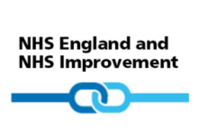
JOIN THE TWEET
This guest blog was coproduced by :-
Mark Agathangelou, Lived Experience Group member;
Aimee Robson, Head of Personalised Care (Clinical, Workforce & Quality);
Andrew Bennett, National Clinical Director MSK conditions;
Cristina Serrao, Lived Experience Ambassador;
and Helen Lee, Experience of Care Professional Lead.
In this blog, Musculoskeletal (MSK) leads within NHS England and Improvement and people with lived experience consider why coproduction is the golden thread of achieving the highest quality care that is valued by all.…
Read more of this article



 by Greta McLachlan, Fellow at the Strategic planning and development cell, NHS England and Improvement, part of the Change Challenge Collaborative.
by Greta McLachlan, Fellow at the Strategic planning and development cell, NHS England and Improvement, part of the Change Challenge Collaborative.
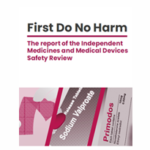
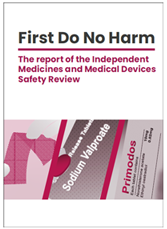 The report emergent from Baroness Cumberlege and the Independent Medicines and Medical Devices Safety review was
The report emergent from Baroness Cumberlege and the Independent Medicines and Medical Devices Safety review was 
 The fourth meeting of the All Party Parliamentary Group for Axial SpA took place on 15 July 2020. The meeting focussed on axial SpA (AS) services during the COVID-19 pandemic and also how services may now change as a result.
The fourth meeting of the All Party Parliamentary Group for Axial SpA took place on 15 July 2020. The meeting focussed on axial SpA (AS) services during the COVID-19 pandemic and also how services may now change as a result.
 The guidance ‘Management of Patients with Musculoskeletal and Rheumatic Conditions on Corticosteroids’ has now been superseded by the following guidance, issued on 16 June 2020. It applies to:
The guidance ‘Management of Patients with Musculoskeletal and Rheumatic Conditions on Corticosteroids’ has now been superseded by the following guidance, issued on 16 June 2020. It applies to: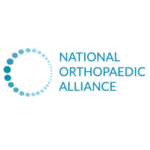

 Guest blog by
Guest blog by
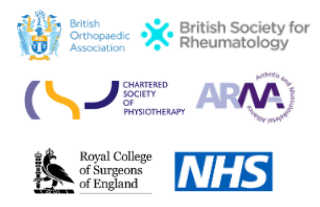 Suggestions are rolling in for which changes the NHS has made during the pandemic that people think we should keep.
Suggestions are rolling in for which changes the NHS has made during the pandemic that people think we should keep.
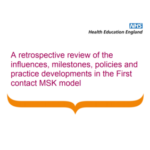
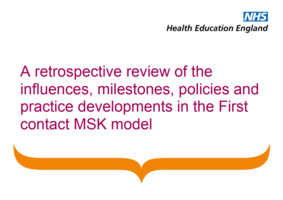
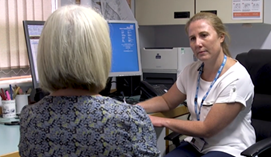 MSK First Contact Practitioner roles; are they fit for the future for Primary Care?
MSK First Contact Practitioner roles; are they fit for the future for Primary Care?
 We know that musculoskeletal conditions are much more prevalent in deprived areas so the publication of this report is very relevant to addressing the social determinants of MSK health. It has been produced by the Institute of Health Equity and commissioned by the Health Foundation to mark 10 years on from the landmark study Fair Society, Healthy Lives (The Marmot Review).
We know that musculoskeletal conditions are much more prevalent in deprived areas so the publication of this report is very relevant to addressing the social determinants of MSK health. It has been produced by the Institute of Health Equity and commissioned by the Health Foundation to mark 10 years on from the landmark study Fair Society, Healthy Lives (The Marmot Review).